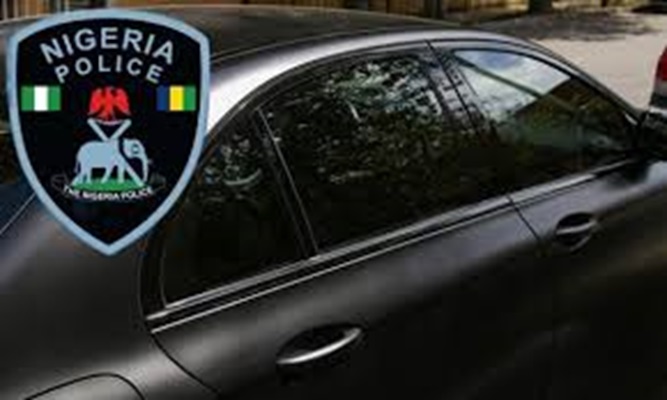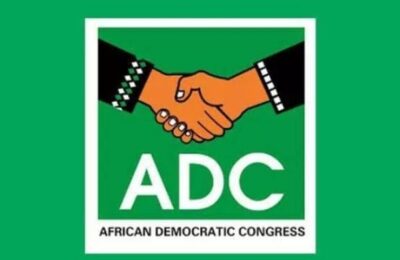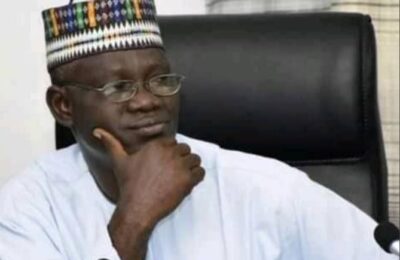The Nigerian Bar Association (NBA) has called on the police to suspend the planned enforcement of tint permits until its lawsuit challenging the policy is resolved.
In a statement on Tuesday, NBA Publicity Secretary Bridget Edokwe said continuing with the enforcement would undermine the judicial process and potentially render the court’s decision ineffective.
The litigation, instituted through the NBA’s Section on Public Interest and Development Law (SPIDEL), seeks judicial interpretation of the policy, which requires motorists to apply for permits and pay prescribed fees before using vehicles with tinted windows.
The tinted glass directive was first announced in April, with enforcement slated for June 1, but later shifted to October 2. Despite the extension, reports of harassment and extortion by Police officers citing the new regulation have continued nationwide.
Critics, including the NBA, argue that the policy infringes on citizens’ rights to dignity, privacy, freedom of movement, and property, as guaranteed by the 1999 Constitution. “This is a classic example of administrative overreach that must be tested in court”, a senior NBA official said.
The Association has also faulted the reliance on the Motor Tinted Glass (Prohibition) Act, a military decree issued in 1991, insisting that the legislation may not survive constitutional scrutiny in a democratic system.
The case, filed on September 2 before the Federal High Court, Abuja, is registered as Suit No. FHC/ABJ/CS/182/2025, with the Incorporated Trustees of the NBA as Claimant and the Inspector General of Police as Defendant.
Confirming the suit, NBA-SPIDEL Chairman, Professor Paul Ananaba, SAN, said the Association was determined to pursue the matter to its logical conclusion. He urged the Police to respect the judicial process, and suspend enforcement of the policy until the courts make a pronouncement.
As at press time, the suit had not yet been assigned to a Judge, but observers say the outcome could redefine the balance between law enforcement powers and citizens’ constitutional rights.




